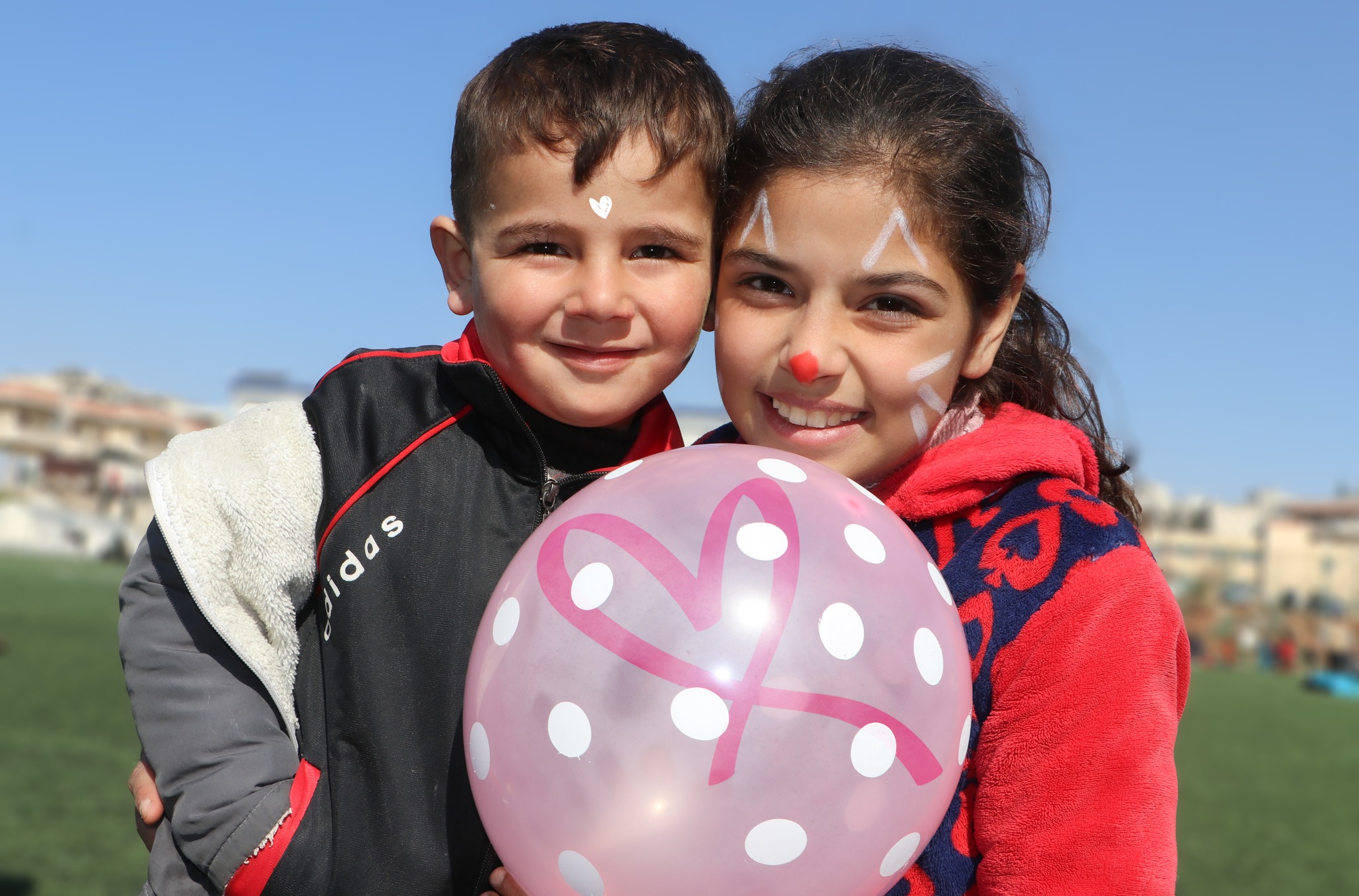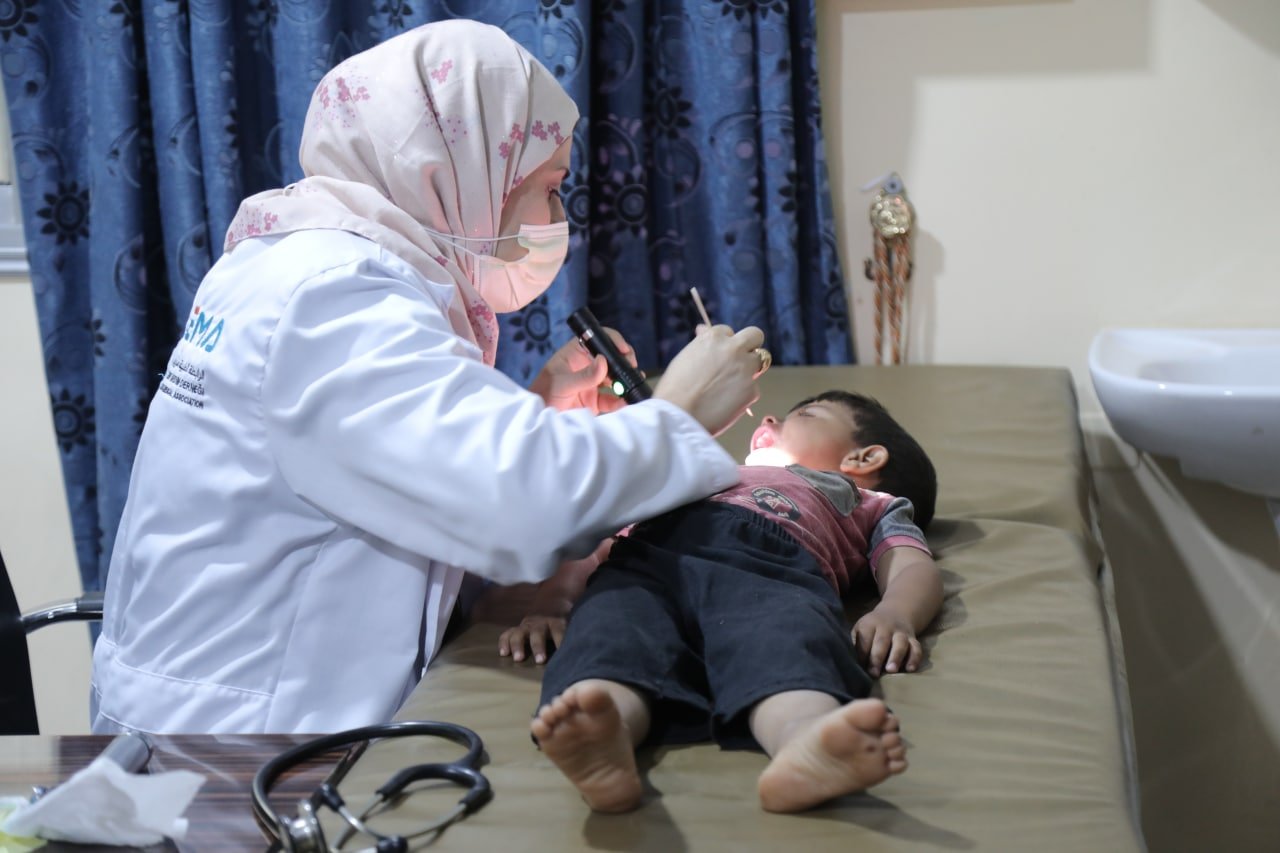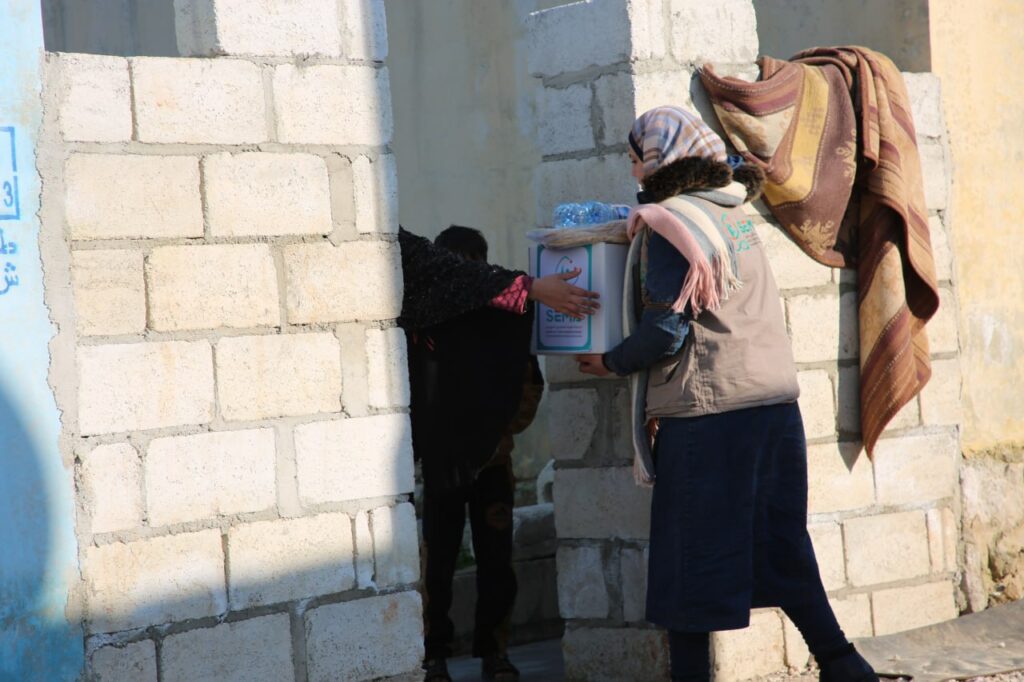The psychological benefits of Ramadan are immensely great, which compound the significance of such a blessed month.
The valuable psychological benefits of Ramadan include self-discipline, empathy, and compassion, as well as improved well-being and boosted mood.
This article will shed light on the emotional values and the psychological benefits of the holy month of Ramadan.
Increased self-discipline
Ramadan provides a great opportunity for practicing self-discipline. That is, it is a form of worship that requires abstaining from food and drink from dawn until sunset.
Fasting also involves cultivating self-control and the ability to resist our impulses.
In addition, Ramadan involves immense rewards that come with increasing our worship acts to strengthen our relationship with Allah (SWT).
Thus, Islam urges Muslims to improve their levels of spirituality by increasing their good deeds. As a result, this can help boost their self-discipline.
Increased empathy and compassion
Ramadan can help boost people’s empathy and compassion by reminding them of the less fortunate communities that need their help.
By being mindful of the plight of other underprivileged communities, we will be more compassionate and empathetic toward them.
These communities involve Syrian refugees, many of which have no access to food or clean water.
Therefore, Ramadan is a valuable opportunity for us to remember the hardships that those vulnerable communities face on a day-to-day basis.

Reduced anxiety and depression
Ramadan can help us fight our depression and anxiety by encouraging us to adopt a healthier lifestyle through adopting some habits that include eating healthier food, getting adequate rest, and exercising more.
These kinds of activities and additions to our lifestyle can definitely have a great positive impact on our mental health.
That is, such habits can help boost our moods and reduce negative emotions that could lead to depression.
In addition, enhancing our spirituality and our connection to Allah the Almighty will help us reduce our stress and anxiety.
Ramadan is a great time for us to connect with our family members and friends by having iftar with them, which further intensifies our social bonds.
Thus, improving our social relationships have a huge positive impact on our overall happiness and well-
Improved mood and emotional regulation
Fasting during Ramadan and increasing our good deeds, such as prayer, Allah’s remembrance, and reading Qur’an can increase our mindfulness of the reality of life and boost our inner peace.
Additionally, Ramadan can help us improve our emotional regulation by giving us a chance for self-reflection and mindfulness.
In particular, fasting can help us take the time to reflect on our spiritual and emotional life, which can help us practice gratitude and compassion.
Moreover, fasting is considered a form of self-care because it encourages us to change our eating habits, which helps us to replenish our energy levels and improve our mood.
Increased sense of gratitude
Ramadan encourages us to reflect on the immense blessings and reflect upon the numerous bounties we are gifted with in our lives.
By abstaining from eating and drinking as well as all worldly pleasures, we can be more appreciative of the simple blessings.
Similarly, fasting can help us be mindful of the less fortunate and be grateful for the simple blessings we have in life.
Giving to charity to improve the lives of the underprivileged categories of society can certainly improve our gratitude.

Strengthened spiritual connection
Muslims can strengthen their spiritual connection to Allah (SWT) by performing regular prayers and Taraweeh prayer as well as increasing other acts of worship, such as reading Qur’an and remembering Allah (SWT).
Definitely, such activities can contribute to enhancing our spiritual connection to Allah the Almighty immensely.
In addition, Ramadan allows Muslims to improve their social bonds with the people around them and give to charity to help others, all of which are practices that can heighten our spiritual state.
SEMA and mental health initiatives for refugees
At the Syrian Medical Association (SEMA), we are committed to boosting the spirits of Ramadan in Syrian refugee camps by working on projects and initiatives that improve their mental health and address any psychological issues that they might be suffering from.
We are dedicated to transforming the lives of our brothers and sisters in refugee settings so that they experience the numerous spiritual, emotional, and psychological benefits of this blessed month.
You, too, can help us realize this goal and provide refugees with the services and necessities they are most in need of.
With your contributions, we will be able to apply our charitable projects successfully to benefit the refugee communities.
Your donations will surely be counted as sadaqah, which will be immensely rewarded by Allah (SWT), especially during Ramadan.
FAQ
What are the mental benefits of Ramadan?
The mental benefits of Ramadan include improving our self-discipline, well-being, and emotional state.
Does fasting during Ramadan help mental health?
Yes, fasting during Ramadan improves our mental health and psychological state.
What is the purpose of fasting during Ramadan?
The primary objective of fasting during Ramadan is to practice self-control and humility. Above all, fasting is also an important way to connect with Allah (SWT) and acquire more rewards.
What are some tips for maintaining positive mental health during Ramadan?
Some tips for maintaining positive mental health during Ramadan include: eating healthy meals, getting enough sleep, making time for relaxation and reflection, and staying connected with family and friends.
Read More





